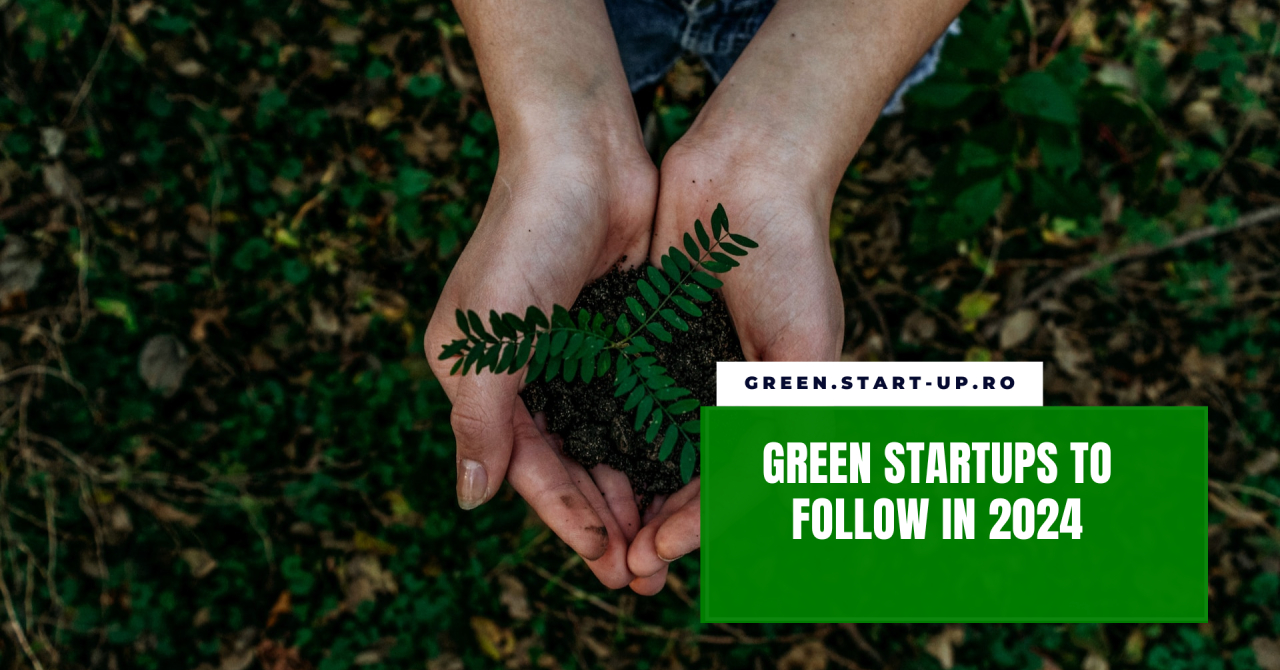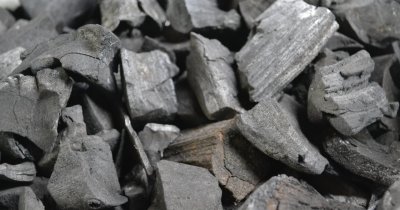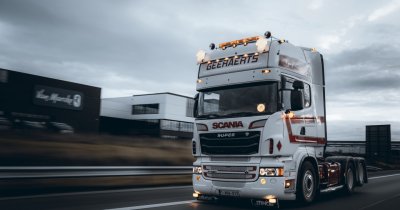In this list we'll focus on the green startups that we talked to this year and that shared their vision and values with us regarding sustainability. We won't be able to cover the entire green startups ecosystem in Romania in this list, but step by step, we will look out for those who want to contribute to a more equitable world and that want to tell us more about their journey.
B.E.N
B.E.N is a project belonging to Iarina Tavă and Ana Porim, two young architects who, during the pandemic, have been more aware of the nature surrounding them and this is how they discovered the fascination with birds, but also the joy of witnessing some of the species grow.
B.E.N are the initials of what separates the nest invented by them from others on the market, as the nests created by the two architects are modular and can be adapted to the needs of multiple species.
B.E.N is made of three elements, the box, the entrance and the nest and it is a versatile system that can adapt to multiple kinds of birds. It isn't just an aesthetically-pleasing product, but it is also designed in a way to respect the requirements and the criteria that helps the birds grow in harmony, some of which being sparrows and woodpeckers.
Since they discovered the joy of watching over birds, they want to offer the same joy to the large public, so that more people can watch them from the comfort of their own home.
Read more about B.E.N from this article on Green Start-Up with automatic translation.
Motum
Motum is a Romanian application that rewards you if you take public transport or alternative transport, instead of the personal car. Motum started relatively by chance, from a piece of homework at a contest organized at Smart Mobility where some of the cofounders were also present, but now Motum is a guide and a partner that helps you get around the city.
The users collect points while using the app and after they gathered enough, they can go into the marketplace and use them to buy stuff from partners on sale.
While Motum is a guide for now, in the future, the Romanian founders want to make an application which will incorporate all possible terrestrial transportation methods, besides the personal car, both in and out of the city.
Technically speaking, using Motum you will be able to get from Bucharest to Madrid using alternative transport only, including smart ticketing, which would allow users to buy tickets from the app.
With the help of Motum, partner brands can offer promo codes. The points users gathered turn into money. Most of the brands that currently collaborate are small businesses, as Motum offers them exposure for integration.
Daniel Mănăsescu explains that the app plans to integrate with some larger companies. This way, they can offer employees a way to engage and more offers if they use Motum.
This year, Motum obtained a Norse grant worth 70.000 euros that can help the company grow itself, but also the team.
Read more about Motum from this article, automatic translation provided.
RongoDesign
RongoDesign is the embodiment of Gabriel Barta's vision to create a regenerative built environment that draws on nature for inspiration and innovation to create a change in contemporary approaches to resource management and production methods.
According to its founder, from the very beginning, RongoDesign has been dedicated to creating products with a strong aesthetic value, made only from natural materials, with significantly better properties than conventional solutions in areas such as construction (interior insulation), interior design and even packaging, based on products made from plastic or other petrochemical elements.
He adds the fact that together with his colleagues, at RongoDesign they set out to harness the power of mycelium to grow their own materials using organic and synthetic substrates that are by-products or 'waste' from other industries.
Two of the main advantages of going with this natural material are:
Sustainability: Mycelium is a naturally occurring material that can be easily grown and harvested, making it a renewable resource. It has a smaller environmental footprint compared to traditional building materials like concrete and plastic, as it requires significantly fewer greenhouse gas emissions during production. Additionally, mycelium is biodegradable and will naturally decompose over time, reducing waste and pollution.
Durability: Despite its lightweight nature, mycelium has been shown to be just as strong as concrete in some cases. It is resistant to water and fire, making it a suitable material for construction applications. When dried, mycelium becomes incredibly durable and resistant to water, mold, and fire.
A first product developed by Gabriel and the RongoDesign team is the mycelium insulation panel, the first of its kind in Romania and among the few worldwide.
Traditional building and construction materials have a huge carbon footprint, are energy-intensive and can’t be disposed of in a sustainable manner.
The construction industry is responsible for 38% of global energy-related CO2 emissions. At the same time, CO2 emissions from the building sector are the highest ever recorded, at almost 10 Gt CO2.
At this point in time, the RongoDesign team has its own workshop, where they produce different panels with various applications, especially towards the design area.
Their plan is to expand and they are looking for partners and solutions to be able to build a factory to help them scale up as the trend towards this kind of technology and end product is continuously expanding.
Read more about RongoDesign from this story feature on Green Start-Up.
 Mihai - Cristian Ioniță
Mihai - Cristian Ioniță












Any thoughts?